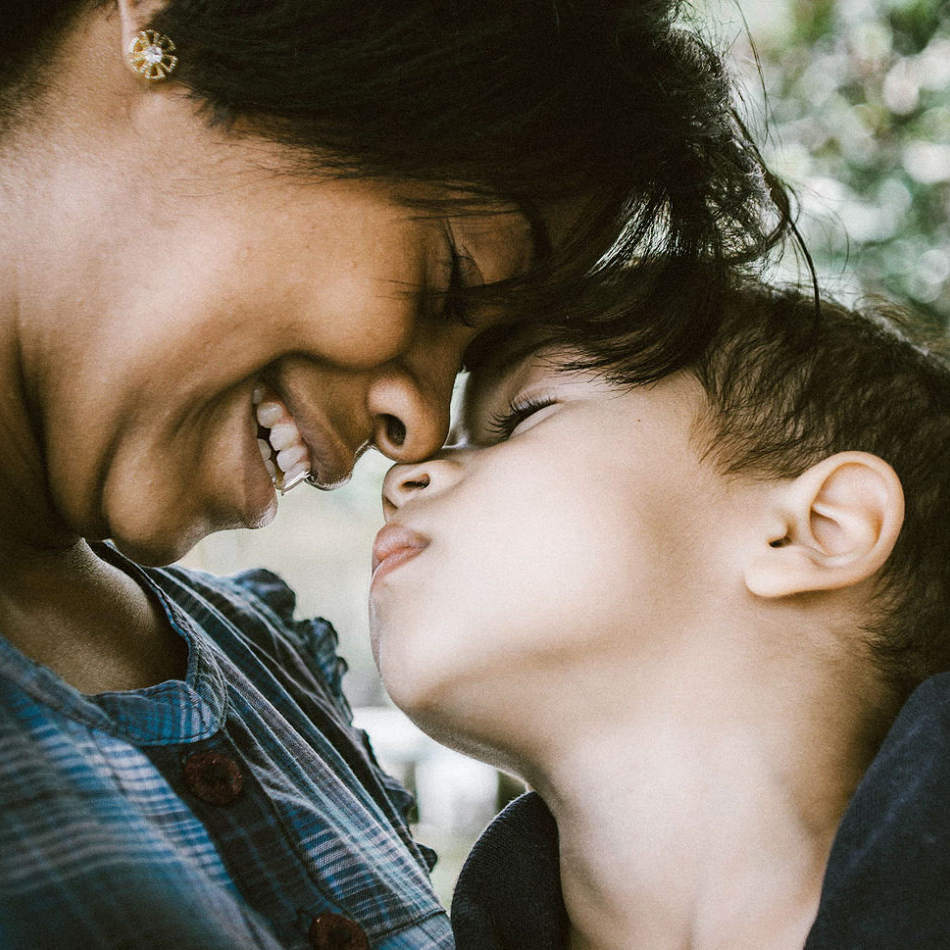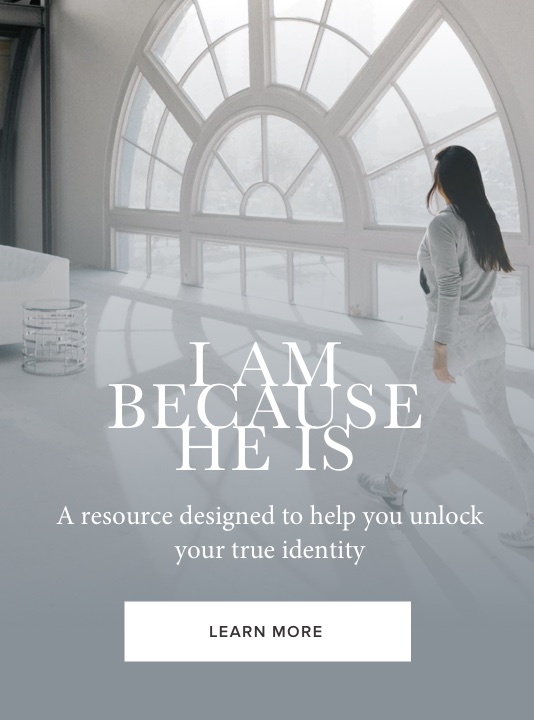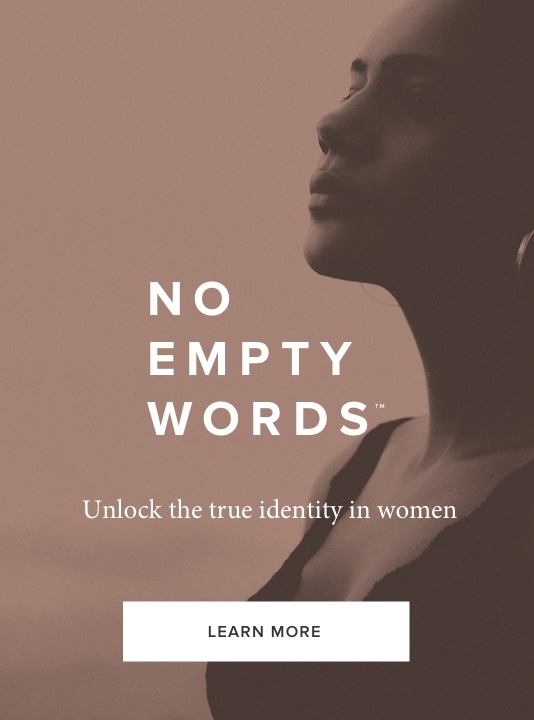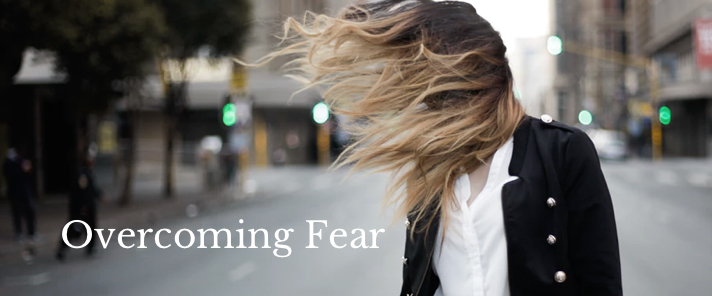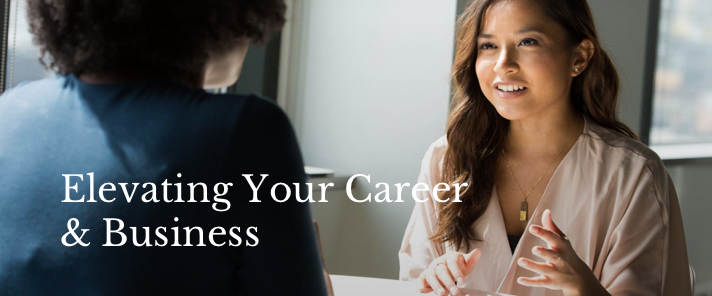The scene: I was in the Walmart checkout lane with my 18-month-old and four year old, both of whom should have been eating lunch. If you’re a mother, reading that sentence likely quickened your heart rate and made your palms sweaty. You know: I wasn’t in a good place.
My boys and I had spent the morning running errands, and this was our last stop before heading home for lunchtime and naps. I knew I was cutting it close, but I needed to pick up one ingredient (two boxes of pasta) for that night’s dinner, and it seemed easier to do it while we were out. So, I parked the car and, with the toddler on my hip and preschooler holding my hand, ran into the store. I didn’t even grab a cart; I was moving that quickly. We made it through the pasta aisle and back to the front of the store without issue. The boys were holding it together and I even managed to distract them as we rushed past the bakery so that no one saw the cookies. I was feeling good about my decisions. Then I saw the lines to checkout. They…weren’t short.
Normally, I would walk myself right up to one of those handy self-checkout stations. But with two kids in tow and no cart to contain them, I didn’t have enough hands. So, I scanned my options and parked the three of us in the shortest line.
Something no one tells you when you become a mother: The checkout lane can be one of the scariest places to be with children. All those candy bars and trinkets at eye level; surrounded on all sides by people or barriers; at the mercy of the often overworked cashier and the people in line in front of you. And so on that day, as my four year old planted himself in a seated position on the ground to get a better look at the bottom-row toys, and my one year old squirmed and fought to get out of my arms to join him, I felt nothing but urgency to get out of there. As the line moved forward, one child (quite vocally) refused to move from his spot. The other was using every one of his 22 pounds to make holding him nearly impossible. I was sweating and silently berating myself for ever thinking this was a good idea, absolutely certain that the middle-aged woman in front of me was thinking the same thing. As I tried to coax one child off the floor and move the other onto my opposite hip so that I could access my purse to pay for those now-despised boxes of pasta, something in front of me caught my eye. I looked up to see that same woman—the one who was (in my imagination) absolutely, without a doubt, judging my life decisions—offering me a grocery bag containing MY pasta. When I realized she’d paid for it along with her items, I immediately started to protest. Without hesitation, she put up a hand to stop me and said three sentences I’ll never forget: “It’s ok. I remember. You’re doing a good job, mama.” Then she smiled and walked away.
That was it. The entire interaction was less than thirty seconds long. But here I am, months later, writing about it; it clearly left its mark. That day, as I walked out of the store with tears in my eyes, I felt my head raise a little higher, my heart rate slow and my entire mood lift. Nothing had changed, really; my kids were still hungry and my hands were still full. But because one woman had spent six dollars and a few seconds to show me grace, I was able to treat those little people in my care more graciously. With very little effort and expense on her part, that mother who had—at one point, walked in my shoes—made me feel seen and understood, and filled me up when I was running on empty. And the ripple effect that resulted was felt throughout my home for the rest of the evening and beyond.
As I reflect on that encounter, there are two things that always come to mind; lessons that encourage me to follow in that mother’s footsteps.
There’s Value in Remembering
When I read stories in the Old Testament, I’m always struck by how often God tells his people to remember. He instructs them to remember their struggles, victories and defeats. But most of all, he encourages them to remember that, through all of it, he was faithful with his presence and his promises. I’ve always assumed that God wants his people to remember the past so that it can inform how they approach the future: with their hope and trust placed in him. And while that’s certainly part of it, my checkout lane encounter helped me see that taking time to remember doesn’t just hold value for those doing the remembering. It also benefits others who are still in the season we’ve already walked through. When we recall the difficulties and stresses of past life stages, we’re able to approach those who are still existing in them with more tenderness and empathy. When that mother in the checkout lane looked at me, she saw herself two decades ago, elbow-deep in changing diapers and tidying toys and managing little people. She knew how a word of encouragement would go such a long way because she’d been in my place and allowed herself to—just for a moment—go back there. And when she said to me, “I remember,” she turned my entire day around. When we remember, we link our past to someone else’s present, and we forge authentic, powerful connections.
That day in Walmart, two little words took the alone-ness out of my struggle and spoke God’s faithfulness into my situation, even when all I could see were impending toddler meltdowns. And now, that simple kindness has become part of my history, part of my own remembrance.
We Don’t Need Permission to act Generously
There are so many reasons we hesitate to offer help. We’re held back by fear that it won’t be well-received or appreciated; that it will be too little or not grand enough. Or we tell ourselves that we’ll wait until help is requested. But sometimes, our greatest act of kindness is to stop waiting for a clear sign or perfect scenario and to just do what we can, where we can, in the exact moment we’re in. Let’s be honest: Even on the verge of tears, I never would have asked for help there in the checkout lane. I wish I could say I’d have had the courage to reach out, but requesting help in that moment just would not have crossed my mind. In fact, if someone had offered, I likely would have turned them down. I have a feeling that the mother in front of me knew that. After all, thinking we have to do it all ourselves is kind of a universal struggle for moms. And so, she didn’t ask for permission. She just saw a need (in this case, my need for a little encouragement), and she stepped in and filled it. She may have wondered how I would receive it—if I would find her intrusive or overstepping—but thankfully, she wasn’t hindered by those thoughts, as we so often are. And I’m so thankful. When we wait to be invited to act generously, we usually miss our opportunity; those on the receiving end aren’t always quick to give voice to their needs.
But when we lay hesitation aside and choose to humbly offer what we can, what we give is greater than the actual gift. Covering the cost of my pasta was small in comparison to the fact that someone saw me struggling and, rather than the expected annoyance or apathy, showed unexpected thoughtfulness and compassion.
So often, when we’re in the middle of a struggle, we feel as though we’re on display; that people around us are taking note of our poor choices or inability to control the situation; that all the eyes are on us and none of them are kind. But if you’ve ever been on the receiving end of a simple, humble act of kindness like my checkout lane story, you know that one generous gesture can help you go from feeling as though everyone is watching you to knowing that someone is seeing you. And that can make all the difference. Suddenly, there’s solidarity in place of isolation; authentic connection in place of perceived judgment. What a beautiful thing.
So, to the mother who paid it forward: Thank you. What you may have thought was a small, insignificant gesture involving a couple boxes of pasta was so much more. I won’t forget it, and I look forward to the opportunity to do likewise.
~
Editor’s Note: This piece was originally published on www.wallflowerjournal.com. We appreciate their partnership and allowing us to share it with the GV community.
Enjoyed it? Share it!
Morgan Cox
Morgan is a writer and content strategist from Kentucky, where she lives with her husband, two sons and Scottish Terrier. Her favorite things include fresh books from the library, The West Wing, new recipes to cook and family hikes. She's an outgoing introvert who believes there's power in gathering people around the table...and in starting every morning with a homemade latte.
But wait, there's more...










